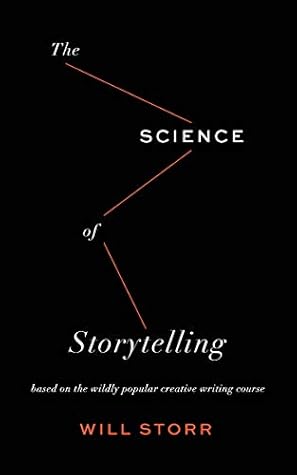More on this book
Community
Kindle Notes & Highlights
by
Will Storr
Read between
August 16 - September 10, 2023
Because our models make up our actual experience of reality, it’s little wonder that any evidence which suggests they are wrong is profoundly unsettling.
The rational response, when encountering someone with alien ideas, would be to either attempt to understand them or shrug. And yet we become distressed.
We organise much of our lives around reassuring ourselves about the accuracy of the hallucinated model world inside our skulls.
An ignition point is the first event in a cause-and-effect sequence that will ultimately force the protagonist to question their deepest beliefs.
We’re all fictional characters. We’re the partial, biased, stubborn creations of our own minds.
Our sense of who we are depends, in significant part, on our memories. And yet they’re not to be trusted.
A character’s conviction in their rightness and superiority is precisely what gives them their terrible power. Great drama often forms itself around a clash of competing hero-maker narratives, one belonging to the protagonist, the other to their foe. Their respective moral perceptions of reality feel utterly genuine to their owners and yet are catastrophically opposed.
Meaning is created by just the right change-event happening to just the right person at just the right moment.
characters in story aren’t only at war with the outside world. They’re also at war with themselves. A protagonist is engaged in a battle fought largely in the strange cellars of their own subconscious mind. At stake is the answer to the fundamental question that drives all drama: who am I?
As well as having models of everything in the world, inside our heads, we have different models of self that are constantly fighting for control over who we are.
Story time is compressed time. An entire life can be told in the space of just ninety minutes and still somehow feel complete. It’s this compression that’s the secret of arresting dialogue.
All the principles of storytelling combine into the art of dialogue. Dialogue should be changeful, it should want something, it should drip with personality and point of view, and it should operate on the two story levels – both conscious and subconscious.
It’s testament to the powers of the storytelling brain that many psychologists argue that human language evolved in the first place in order to tell tales about each other.
We’re wired to find selfless behaviour heroic and selfish deeds evil. Selflessness is thought to be the universal basis of all human morality.


